The early June catastrophe on the alpine lake Sahastra Tal, which noticed 9 trekkers perish after being caught in a blizzard, has despatched shockwaves by the Indian outside tourism trade.
Veteran trekking information Vaibhav “VK” Kala, the vice chairman of the Journey Excursions Operators Affiliation of India (ATOAI), is considered one of India’s main journey tourism consultants. Because the founder and director of Aquaterra India, Kala has run journey expeditions in India for greater than three many years, and guided all over the place from rivers like Africa’s Zambezi and China’s Yangtze to Chile, Morocco, the US, and throughout the Himalaya.
Kala penned the next essay for The Outside Journal, during which he requires a better have a look at the historical past of India’s outside tourism and guiding trade, advocating for better oversight to forestall disasters like Sahastra Tal sooner or later.
– Owen Clarke, editor-at-large
The occasions at Sahastra Tal are a stark reminder of India’s want for managed journey journey administration. These deaths might have been prevented with good journey planning, threat administration, and preparation.
Till we as an trade acknowledge this and make modifications, there will probably be extra deaths. Your complete ecosystem, together with the media, wants to grasp terminology and report incidents extra responsibly, to handle the large hole between the armchair adventurer and the truth on the bottom.
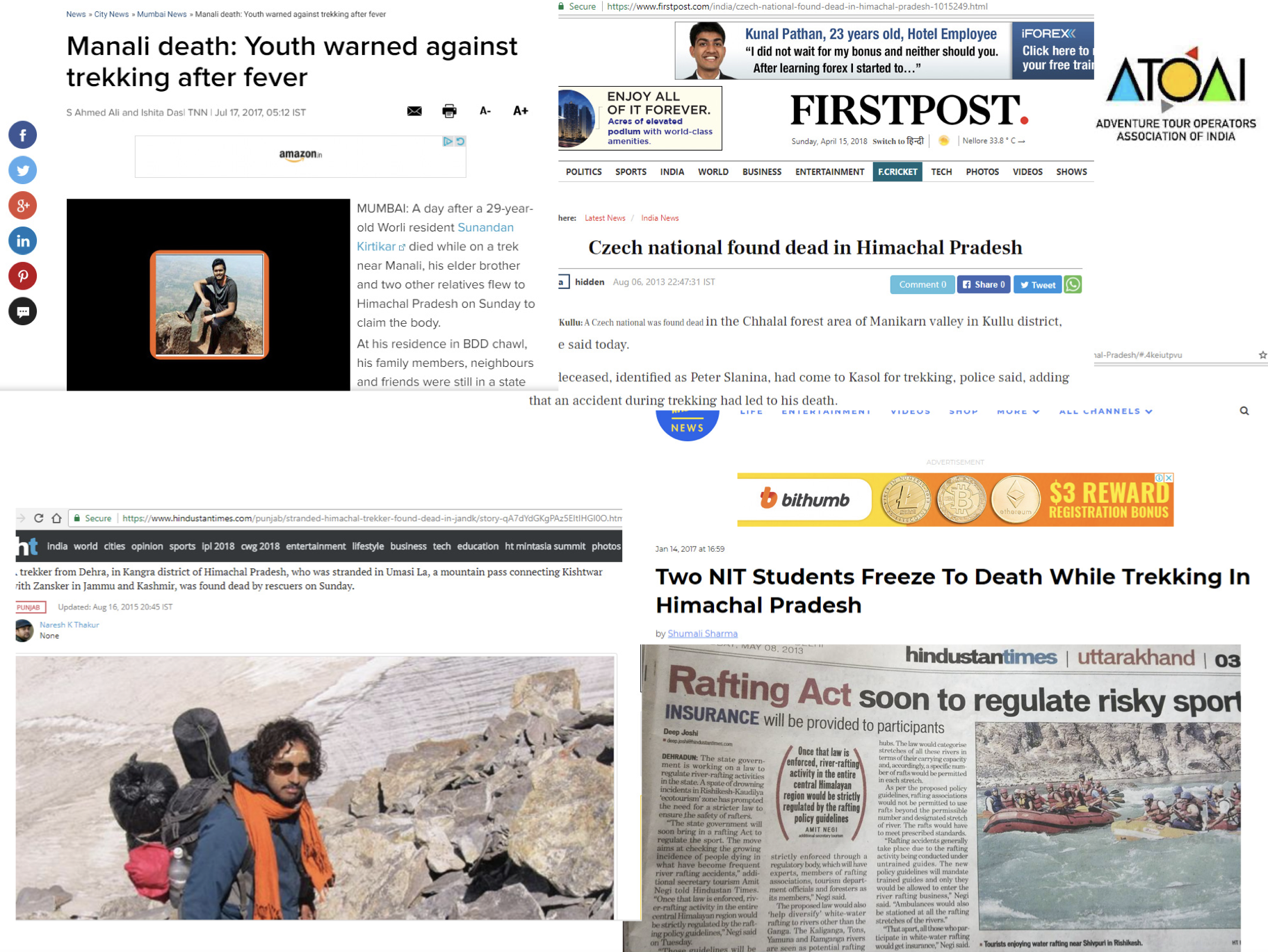
Journey Tourism within the Previous Days
It is essential to grasp this incident within the context of the historical past of journey tourism in India. This trade has at all times been the area of inbound tourism teams, nearly fully overwhelming the cottage trade. The clientele have been expats, diplomats, embassies and well-heeled Indians, for whom tenting and rafting was a novel expertise in India, by and on its holiest river; nice conversations for the subsequent cocktail dinner.
In 1992, a 4:00 a.m. begin from the New Delhi workplace to a camp on the banks of the Ganga, 17 km upstream of gorgeous Rishikesh, was at all times thrilling. The roads have been one lane on either side for essentially the most half, and it could a lot of the day to succeed in the river, stopping for contemporary greens at Khatauli, the fortress of northern India farmland homeowners. We have been distant. To test if any modifications have been to be made for the weekend warriors descending at camp, one must do a 112 km spherical journey to Dehradun.
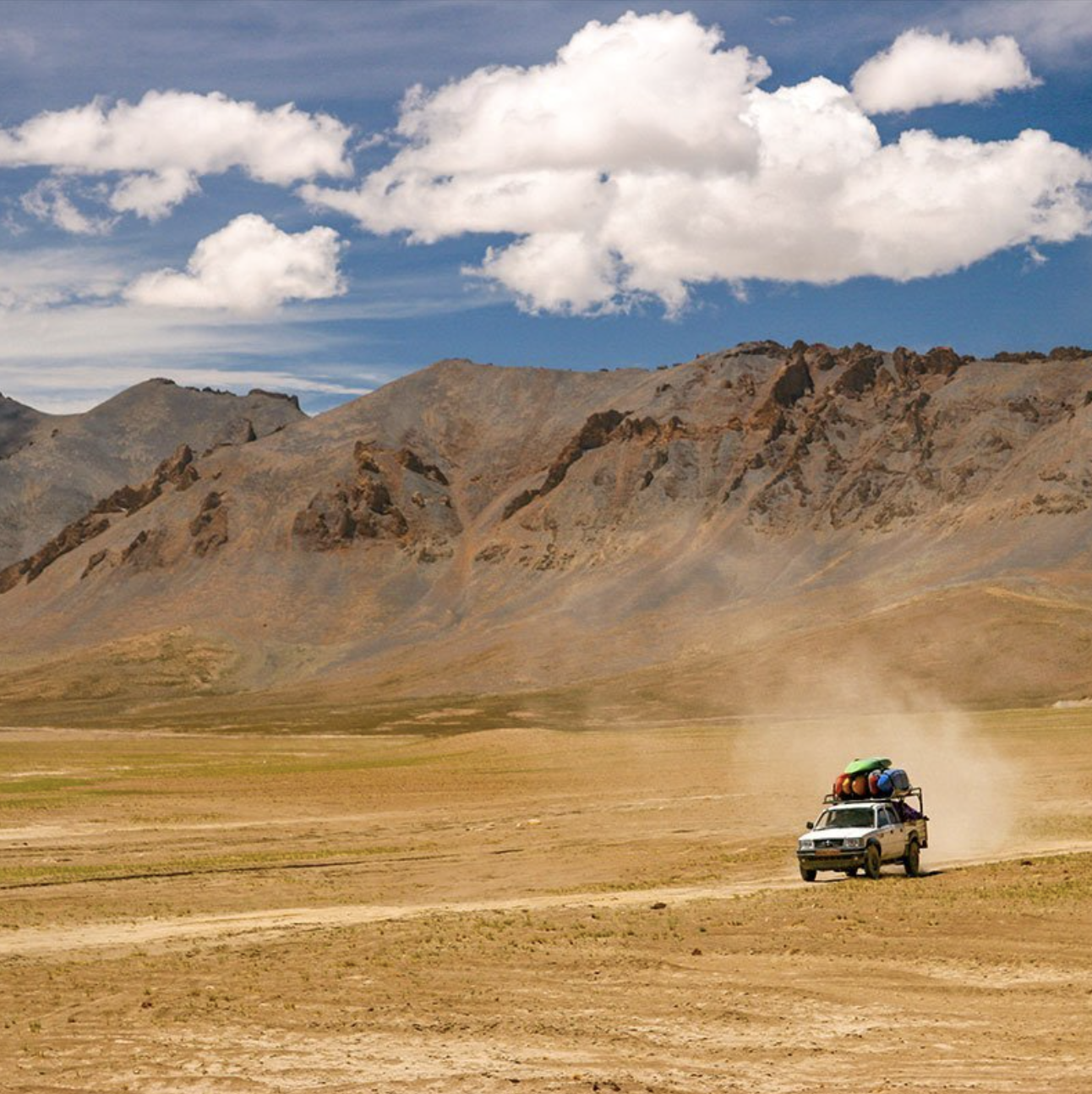
Mountaineering was confined to preparations to base camp for teams of foreigners, there weren’t many Indians on our trails or passing by distant villages. This was the time once we would resort to arduous planning, with out entry to digital maps, smartphones, or the web. It was executed on the premise of hardcore area experience.
The trekking trails have been untouched. The street networks that immediately snake by Himalayan hillsides to its most distant villages have been past the realm of creativeness. Certainly one of India’s largest tasks–the Tehri Dam—had simply begun, heralding a race to provide extra vitality for the nation’s power-hungry plains.
It was laborious to succeed in many locations. In 1994 after I landed in Tuting as a 22-year-old information, wearing fatigues behind a hard and fast wing AN-32 transport airplane, to information the Indian military down the huge Siang, I bear in mind I walked over the Wari La into Nubra, which is now a freeway. I went over the Parang La when it simply opened to foreigners in 1994, to see wild Kiang on the meadows of Chumik Shilde. I trekked to Hanle earlier than it grew to become a haven for dwelling stays and a excessive observatory. It was the golden period. Stok Kangri (6,153m) did not have a hard and fast base camp tent serving maggi and beer.
Life was because it was meant to be. These have been heady days. The trade might paint the empty canvas because it needed.
Yousuf Zaheer, who based Himalayan River Runners in 1988, at all times mentioned “Do not kill the goose that lays the golden egg.” To make a enterprise out of the spirit of journey and exploration is difficult. Yousuf spent all his time making an attempt to steadiness the 2. It was this very thought—not desirous to kill the goose—that led him and spouse Ganeve Rajkotia to place their enterprise to relaxation, even after rigorously nurturing it over the course of 30 years.
However sadly, the goose that laid the golden egg had already been slaughtered by the burgeoning “outside journey” corporations, aggregators and on-line retailers. We have been already cooking our goose, even when we didn’t comprehend it.
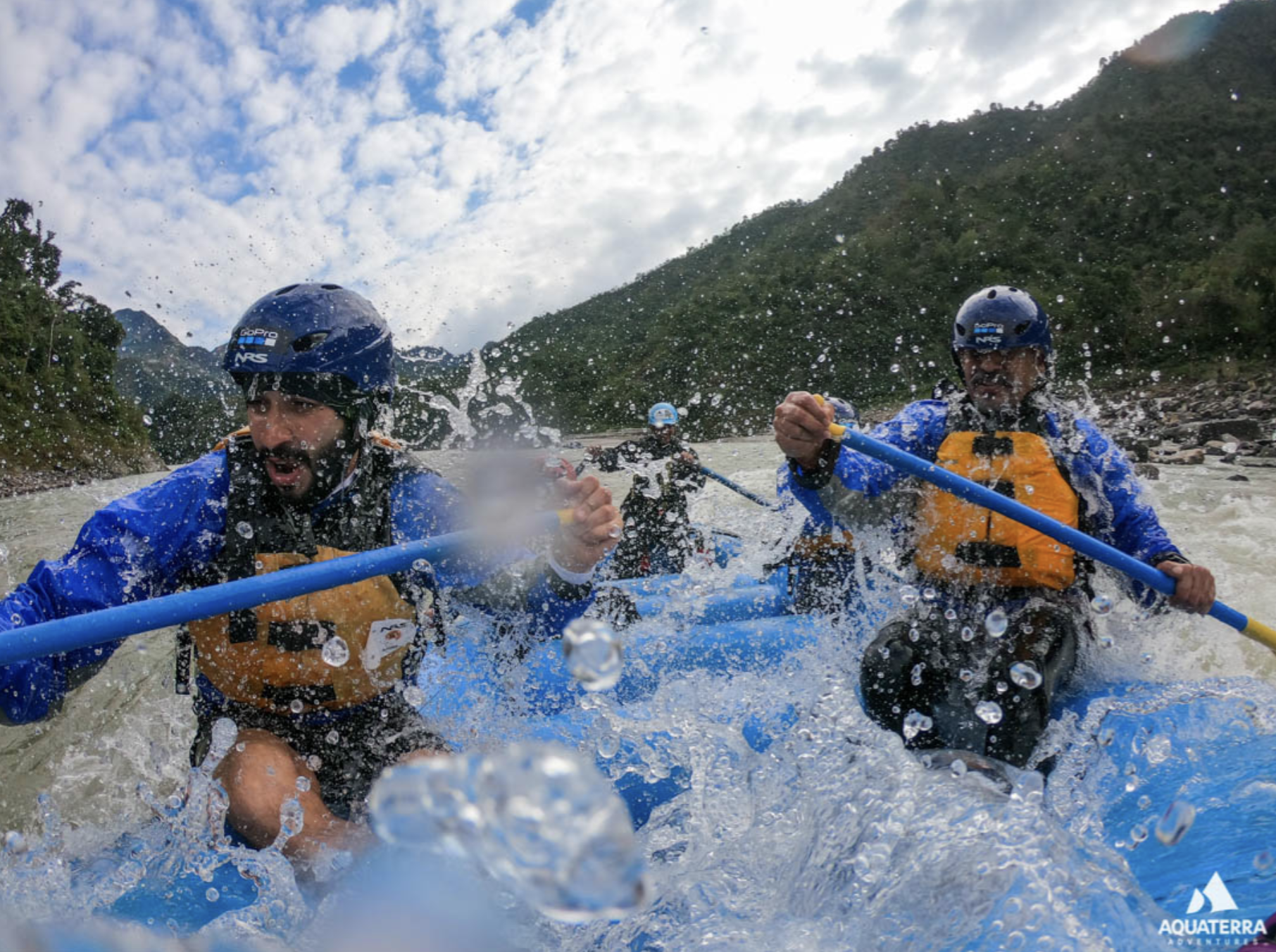
The Evolution of Mountain Tourism
Nonetheless, the outside trade was fledgling and the shopper base was tiny. As dial-up shell accounts for web gave option to broadband connections, India’s inexorable infrastructural march had begun. The 2 lane roads gave option to six-lane highways, octroi and taxation eased as Fiat and Ambassador vehicles gave market share to Maruti. The floodgates to India’s burgeoning financial system began exhibiting each signal of change.
It was an thrilling time. Growth. Phrases like sustainability, duty, threat evaluation, greenwashing, and even security had not made their approach into tourism conferences. It was additionally unimaginable to assume that we have been on the cusp of a revolution in India’s aviation, know-how, and digital sectors.
The timing was impeccable, as pictures of our gorgeous pure assets streamed on cellular gadgets collided with rising incomes, company success tales, higher infrastructure, the aviation revolution, and better consciousness. And, after all, a rustic getting youthful annually.
Because the panorama started to alter, extra individuals wanted extra corporations to function, in fragile areas the place carrying capacities have been non-existent. With out entry safeguards, an unregulated outside trade sprang into existence.
India wasn’t alone, however international locations extra skilled with tourism rapidly realized one thing needed to be executed. Venice levied an entry charge to fight guests, Milan banned ice cream and pizza late at evening, Amsterdam refused permission for brand spanking new accommodations. In Greece, the Acropolis guests have been required to use for time slots, and the federal government additionally carried out restrictions to lower crowds alongside the nation’s picturesque shores. These limitations included a cap on the variety of bars and eating places on a newly established checklist of 198 protected seashores.
Overtourism has arrived to India’s mountain valleys and our seashores, forests, protected areas.
The paths have modified, with conveyor belt operations main teams to unlawful fastened trekking camps inside our protected forests and sanctuaries. Latrine pits are dug on Kashmir’s meadows as overloaded horses carry extreme masses to help an ongoing value conflict to cater to the quickly increasing outside journey market. Poop-filled plastic baggage have been thrown into the frozen Zanskar, as corporations rushed to invent ridiculous “inexperienced” campaigns to offset the injury they really feel no regret for.
A shrinking outdated guard stood witness to rising accidents, security violations, casualties, lacking shoppers, drownings and environmental degradation. It grew to become the precursor to bugyal bans and restrictions.
The sector was land, water and air. From shoppers dying on innocuous Class 3 river stretches to harnesses opening midair while paragliding and inexplicable trekking deaths resulting from lack of care, expertise and prevention. By 2020—the newest 12 months recorded—India’s rating within the international Journey Tourism Growth Index (ATDI) had slipped to 96.
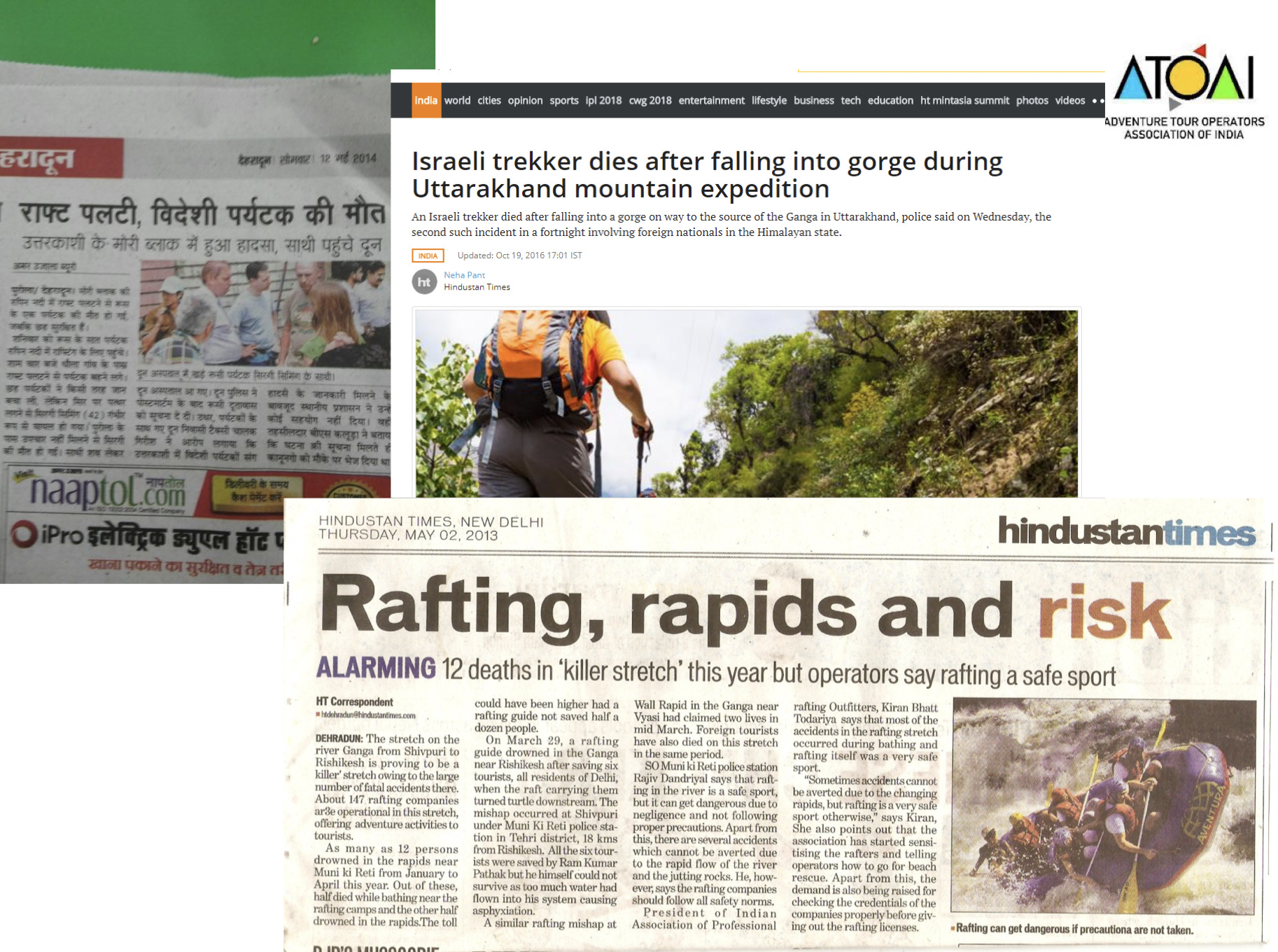
The trade is in settlement that if Indian outside journey tourism is to outlive, then we have to management overtourism.
“It’s now so obvious that not solely do we’ve got to consciously design our journey journey choices with the the information and foresight created by sustainable-responsible code, but in addition be on the forefront of the talk, disseminating and actively aiding coverage planners to include the learnings for the bigger social good”
–Rajesh Ojha, Banjara Camps
“I’ve seen profitable tourism fashions all over the world, a few of them with diktats so simple as “no promotion zones,” or diluting the footfall in concentrated pockets. I fail to grasp why small measures with deep impacts can’t be carried out in our personal nation, particularly in an ecosystem as fragile because the Himalaya, the place we’re seeing local weather change and the sick results of over tourism relentlessly, 12 months after 12 months.”
-Shikha Tripathi, Snowfox Escapes
“To ensure the specified imaginative and prescient turns into a actuality; it’s essential for the federal government and all trade stakeholders to proceed collaborating. This partnership is critical to determine journey tourism as a key driver for financial progress and improvement in India”
-Vinayak Koul, SnowLion Expeditions
Apoorva Prasad, the founding father of this publication—India’s first outside journal–feels equally.
Indians are usually not the one individuals on the planet to have turn into infatuated with journey earlier than being really prepared. Once I began The Outside Journal, the primary phrase in our firm goal was ‘to coach.’ It had turn into very clear, even in 2013, that the overwhelming mass of India’s new journey vacationers had little to no expertise within the mountains or wilderness areas, but in addition little willingness to earn it the laborious approach, just like the outdated guard did. We now dwell in a world of on the spot gratification and the quickest shortcuts to issues we would like. Sadly, within the mountains, fast shortcuts can simply result in demise. It’s vital to be taught first, slowly and diligently, earlier than heading into experiences that may have severe ramifications. As a rustic, India has the historical past, information and assets. Why aren’t we higher using them as a individuals and tradition?”
-Apoorva Prasad, The Outside Journal
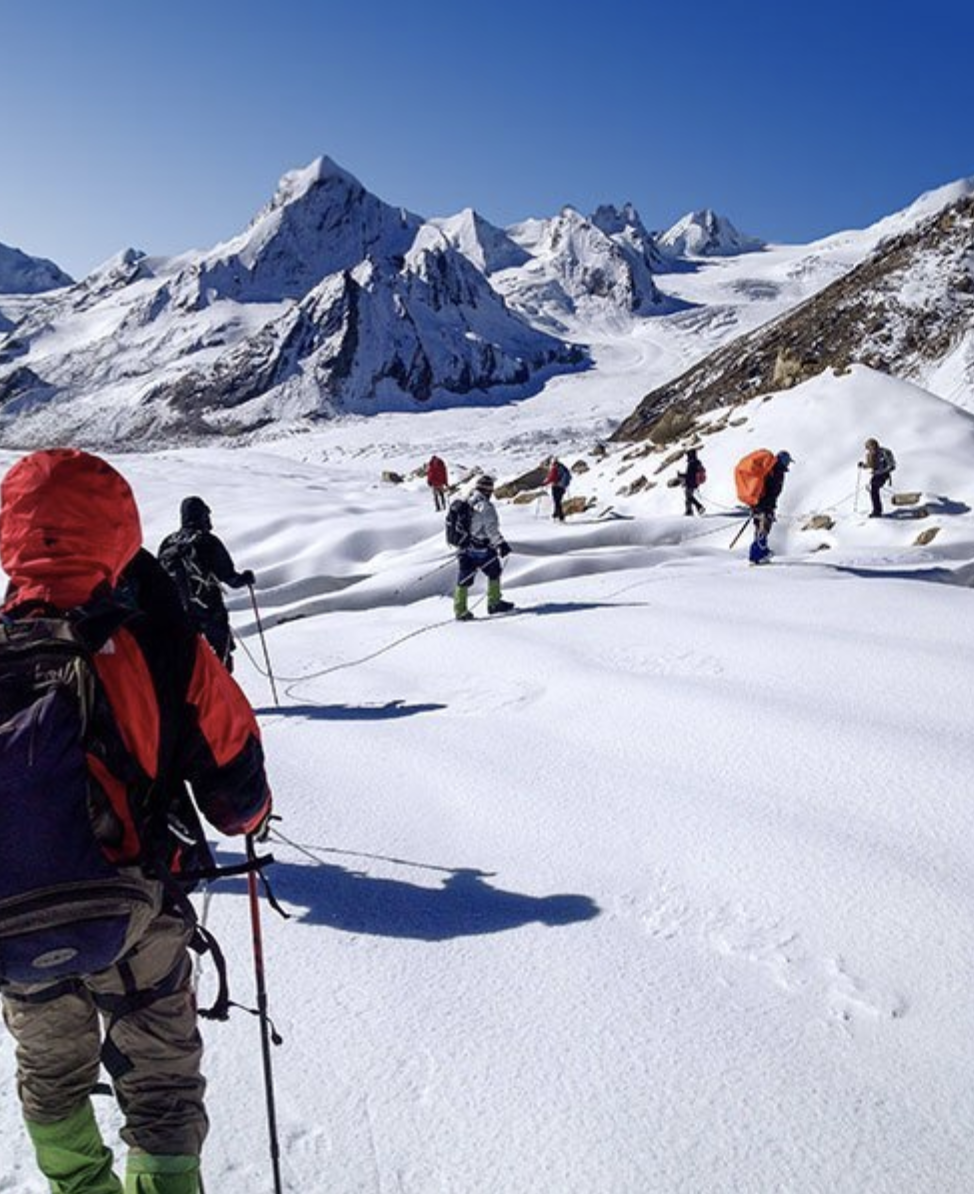
The trade and authorities ought to quickly notice that the vacation spot and guarding its distinctive promoting proposition (USP) should at all times be held sacred. There isn’t any room for opportunist corporations, outfitters or guides to wreck what has taken a era to construct, with benchmarks and requirements. The client can by no means be No. 1.
From what we’re seeing by over three many years of main outside journeys in India and abroad, there isn’t any option to save our pure heritage aside from implementing requirements of drugs, guides and pointers.
The federal government and trade should act collectively if journey tourism is to thrive. In Europe, we see false claims are actually punishable by legislation. And our authorities can act successfully in sure industries, resembling that of fast-moving client items (FMCG). An ideal instance is the Patanjali case. Greenwashing is now spoken about and being addressed. India’s Shopper Safety Act, 2019 prohibits false and deceptive ads or claims.
A system of identification of unsuitable claims, setting of sustainable and accountable requirements must be established to advertise tourism within the nation’s fragile areas. The federal government, the operators and the shopper have to function in unison for the system to work.
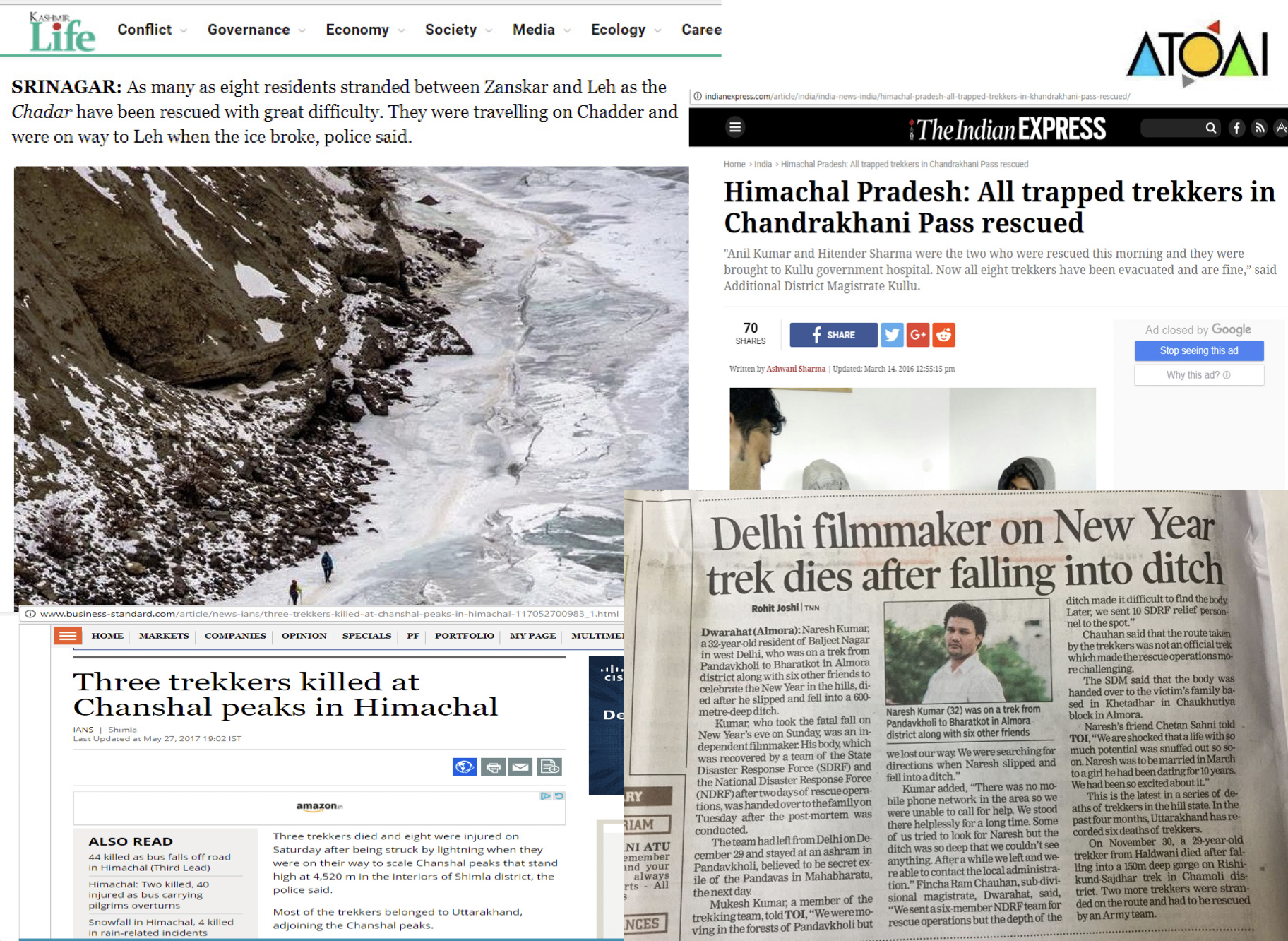
What it might imply for us…
The Journey Journey Commerce Affiliation defines journey journey as an exercise that’s small and personalised, involving any two of the three components together with bodily exercise, cultural change, and engagement with nature.
The engagement with nature should come inside norms of carrying capability, waste era, use of carbon gas, and depart no hint. It can’t be left to a free-for-all between operators, customers and stakeholders. There isn’t any room for destroying the very USP that brings the operator and client to the vacation spot.
As an trade we’ve got come collectively to make sure the ethos of small, personalised journey doesn’t change. Information-to-guest ratio must be benchmarked with the world common to keep away from any untoward incidents.
We have to management the expansion of inexperienced unregistered corporations and guides with an applicable governing system that retains a test and controls accountable progress. Incident reporting and trade studying and sharing must be obligatory to make sure no accidents repeat themselves.
“It’s unhappy that many people as pioneering adventurer journey outfitters because the late 70’s have to hold the cross of what we thought can be giving a shoulder to a powerful progress of this thrilling life-style and trade. As an alternative we’ve got a mini Frankenstein rising. The one factor we might want to collectively do is to not feed this monster on the glass plate with components that make him develop—just like the bowls of inexperience, lack of security measures, loopy low costs, eco-destruction and lack of values. Naturally that’s what the trade can do. The federal government should be sure that the glass plate is taken away. It must be changed by a resilient metal thali.”
-Mandip Singh Soin, Ibex Expeditions
“The sticker value isn’t essentially the ‘price’ of your vacation. If one thing appears less expensive, you might be positive the discount in value isn’t coming from the operator’s margins. So is the low cost you’re getting, a reduction on the worth of your life?”
-Pradeep Murthy of MuddyBoots
There are steps we will take to re-enact and reimagine progress—as operators, authorities, and vacationers. As an trade we’ve got already developed a Nationwide Technique for Journey Tourism which led to the formation of a Nationwide Board for Journey Tourism.
The intention is to herald a mannequin legislation to place an finish to subjective opinions, with best-in-class requirements as well. Registration of operators and guides, rescue facilities, mannequin legislation with penalty safeguards, stringent requirements, entry administration is the one option to arrest the current scenario. We additionally have to get higher forecasting and warnings for impending climate modifications, and permit satellite tv for pc telephones for use with out restriction.
We have to get rid of neglect, and produce care, experience, management and expertise again into journey journey. It isn’t solely the expertise of suppliers however skill to supply an expertise to the buyer, to forestall commodification of those experiences. We should take a protracted, laborious have a look at back-to-back “batches” of 30-40 marching into fragile environs to maintain sticker value aggressive.
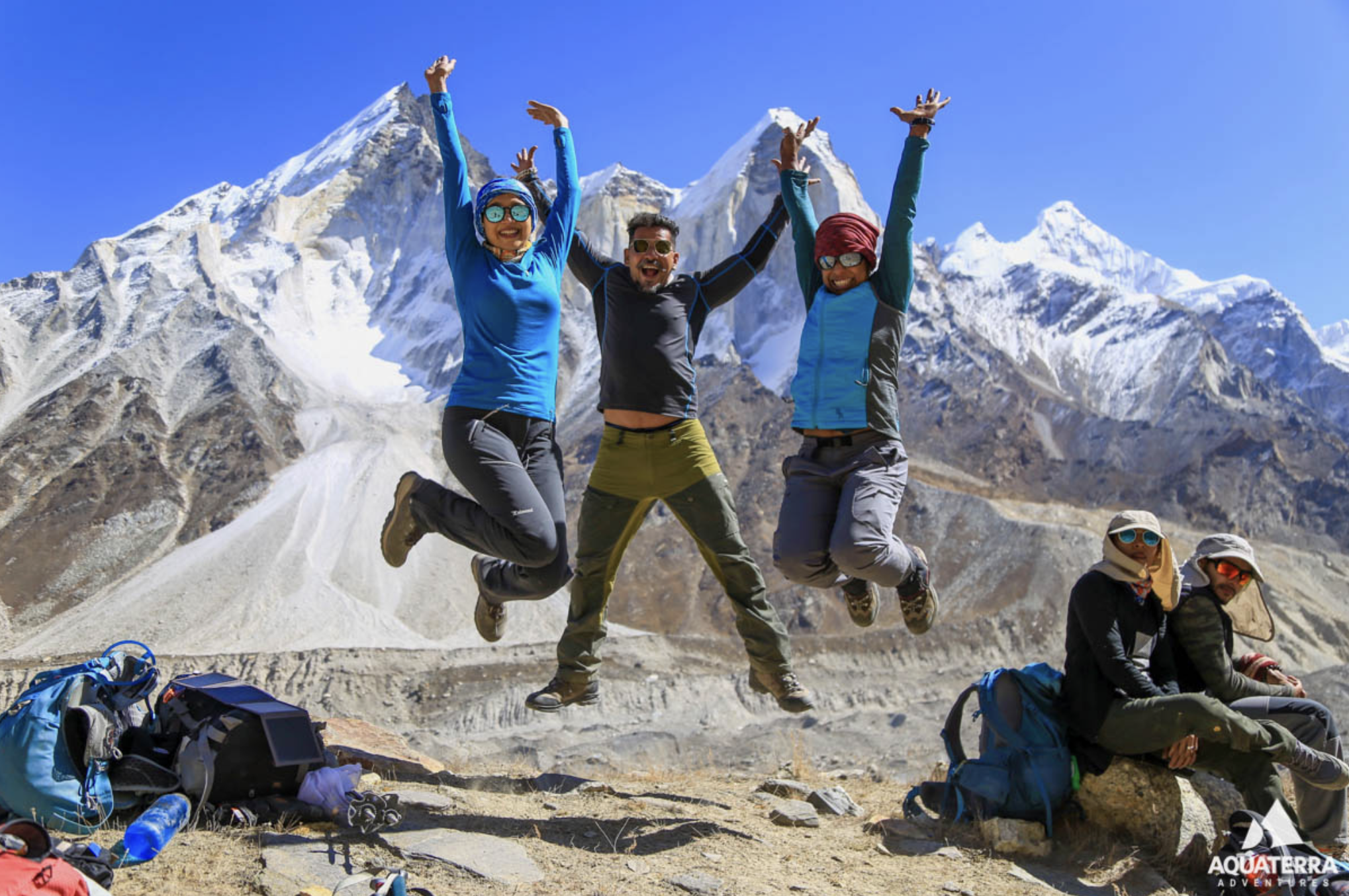
What can the buyer do?
Get good, for starters. Ask questions. Converse to the outfit. You pay for management and expertise, not 2-season tents that get buried underneath Lamkhaga snow, and daal-bhaat. See previous the greenwashing, false claims, lies and outright deception within the nice print. What can the governments do? Indian States might want to start trying into their crystal ball, and devise mechanisms to steadiness native employment with preservation of the vacation spot.
What are you able to and I do?
On this digital age, the place info is the least of the challenges, I can publish extra, write extra, title and disgrace those who do not comply with trade protocol, name our unhealthy practices and work with the tourism affiliation to catalyze change.
The place does this depart us, it’s possible you’ll surprise? In a precarious scenario the place issues might worsen earlier than they get higher. We hope that the hole between the 2 stays as brief as potential. And I hope it occurs earlier than I cling up my strolling boots.
As an trade veterans and accountable operators, there are guardrails we will to comply with…
1. It All Begins on a Desk Someplace
An journey journey should at all times be curated with terrain and area information ; and planning is a vital a part of this train. Within the Sahastra Tal accident, we discovered that Day 6 on the group’s plan gave the impression to be too bold, and tried with out prior expertise on this path, or and not using a certified and skilled lead. This present day ought to by no means have been on the playing cards.
2. Watch the Climate
The climate within the mountains is understood to alter, and the one option to put together is to have layers that can defend you from the moist and the chilly. Nature at all times provides you a warning. Your packing checklist should embody these potential climate modifications. A base layer, a protracted sleeve layer, a fleece, down jacket and outer shell (not a flappy poncho) is the one option to trek. Backpack necessities are fleece and outerwear water/windproof shell, vitality bars, lunch, and minimal three liters of hydration together with a liter of electrolytes.
Once more studying from the current incident, everyone knows that in June, with the warmth rising from the plains, thermal equilibrium, and the pre-monsoon churn, typically modifications within the afternoon. This appears to not have been accounted for and the group might have moved from Lam Tal to Pari Tal that day, which is a a lot nicer campsite as effectively. It’s a effectively protected campsite and offers an amazing base to stroll to Narsingh Tal and the upper Darshan Tal and Sahastra Tal. Sadly, planners neglected each vital elements. Reducing time and prices is ok on a street journey to Timbuktu, definitely not when you find yourself within the mountains in June.
It’s but unknown if the trekkers have been sporting base layers since they left early, or if they’d the requisite layers on them. In the event that they did, there appears to be little cause for deaths to happen resulting from dehydration, chilly, and starvation. Such points are by no means dumped upon trekkers by nature, these are sometimes the results of poor preparation and planning.
3.There’s No Democracy within the Mountains
Command and management is vital to any journey journey expedition, maintaining the band collectively on a timeline much more so. On this incident, it’s unclear if there was knowledgeable journey chief in cost who would have usually turned the group again by 11 am, or modified the plan to remodel a day in and squeeze one out of the descent. This appears to have been one of many essential elements resulting in the mishap.
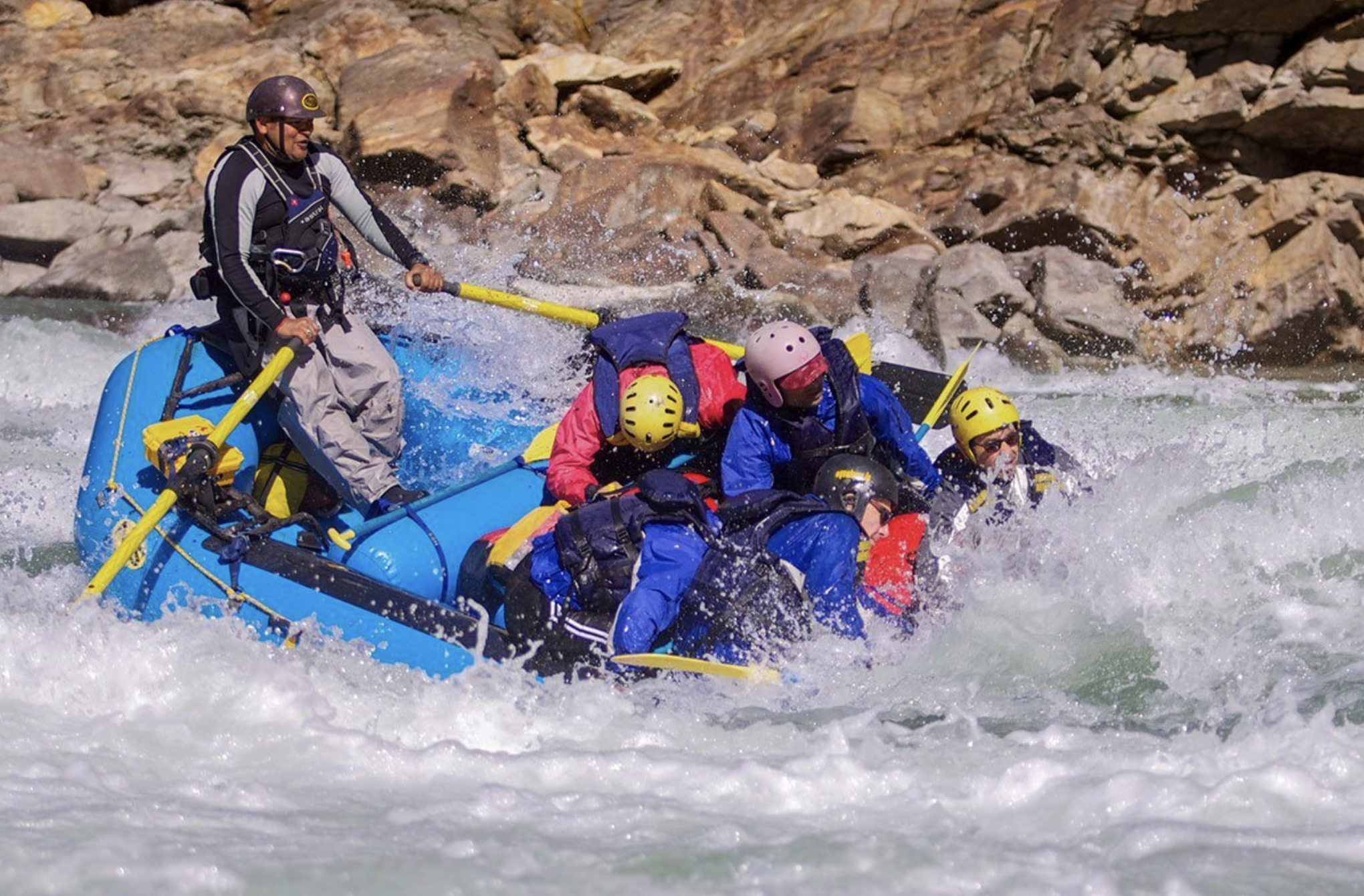
4. Communication
Was there sufficient communication with the group previous to departure? Have been packing lists, itinerary and challenges mentioned and have been trekkers informed what’s to be packed and carried every day? Electrolytes, meals, vitality bars, layers for climate, and so forth.
Media experiences carry reams of claims of how these have been skilled trekkers, however figuring out this path effectively (and the end result) exhibits that though these trekkers might have executed many hikes, planning, timing and management have been definitely diluted. If the group left at 5:30 am, presumably they’d ample layers, hydration and vitamin deliberate for the day.
5. Increase Consciousness
The world over, accident experiences forestall future accidents, enhance buyer consciousness and assist in nice studying. No accident report that particulars the circumstances underneath which 9 valuable lives have been misplaced has been shared.
That is the necessity of the hour, and earlier than freedom of data requests (FIR) and magisterial inquiries are filed, full disclosure by each operator and planners are completely non-negotiable.
6. Be Ready
There’s an exquisite Norwegian saying: Det finnes ikke dårlig vær, naked dårlig klær! which interprets to, “There isn’t any unhealthy climate, solely unhealthy garments!”
The media (or anybody else) mustn’t excuse individuals or write issues off as a result of “it was such a foul storm.” Correct preparation might have mitigated these deaths. Individuals have lived in sub zero situations throughout the planet with information, planning and preparation for hundreds of years.
Vaibhav Kala has been guiding journey journeys, together with mountain and river adventures for 32 years. He has trekked and climbed extensively within the Himalaya and past, run rivers all over the world and led hundreds of company over difficult expeditions.


